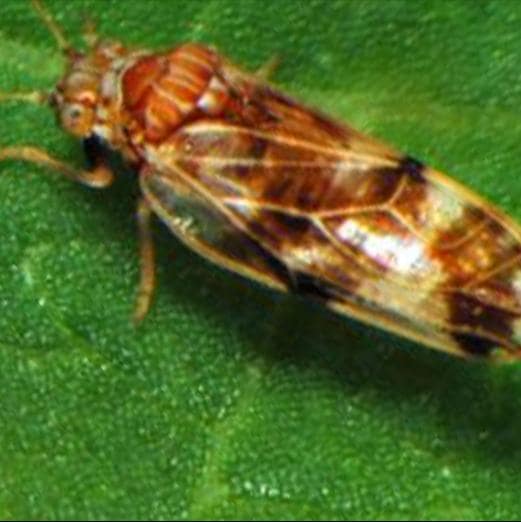
People who fail to control the growth of Britain’s most invasive and pernicious alien plant species could be issued with anti-social behaviour orders (Asbos), the Home Office has said.
The Government has named Japanese knotweed as one of the “non-native” plants which “have the ability to spread and pose serious threats to biodiversity, the economy and human health”.
As a result, new rules have been introduced in the Anti-social Behaviour, Crime and Policing Act 2014 that could see people and organisations served with notices for “not controlling Japanese knotweed [when they] could be reasonably expected to do so”.
“Failure to act” is defined specifically as a form of anti-social “conduct”, according to a Home Office document, and individuals could be fined up to £2,500. Companies who allow the weed to get out of control could face a fine up to £20,000.
Japanese knotweed was brought to Britain in the 19th century as Fallopia japonica, a medal-winning ornamental plant.
But it has become a botanical menace, capable of ripping through concrete and brickwork and causing £170 million of damage a year.
Just a few millimetres of its underground root or rhizome is sufficient to spawn a new plant, making its removal from soil time-consuming and expensive – getting rid of it from 10 acres of the London Olympics site reportedly cost more than £70 million.
The new powers come after trials have raised hopes that psyllids could prey naturally on the plant, and in doing so diminish its ability to spread so vigorously. The targeted introduction of the specially-bred insects for trials was the first time the release of an alien insect species had been authorised in the EU.
In the meantime, the best way to get rid of Japanese knotweed is with herbicides in the late summer or early autumn, when it is close to flowering.
Property lawyer Laurence Lacey told the BBC that aside from the new potential for being issued with an Asbo, having uncontrolled knotweed could “have an adverse impact on valuation” for homeowners.”
Lenders may refuse to lend on it, and for that reason it’s a case of informing yourself as much as possible about whether it’s a problem in a property you’re looking at,” he said.
